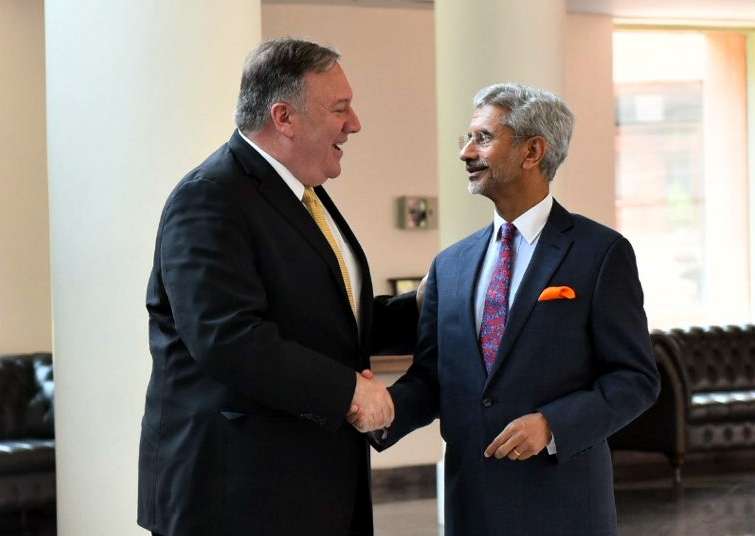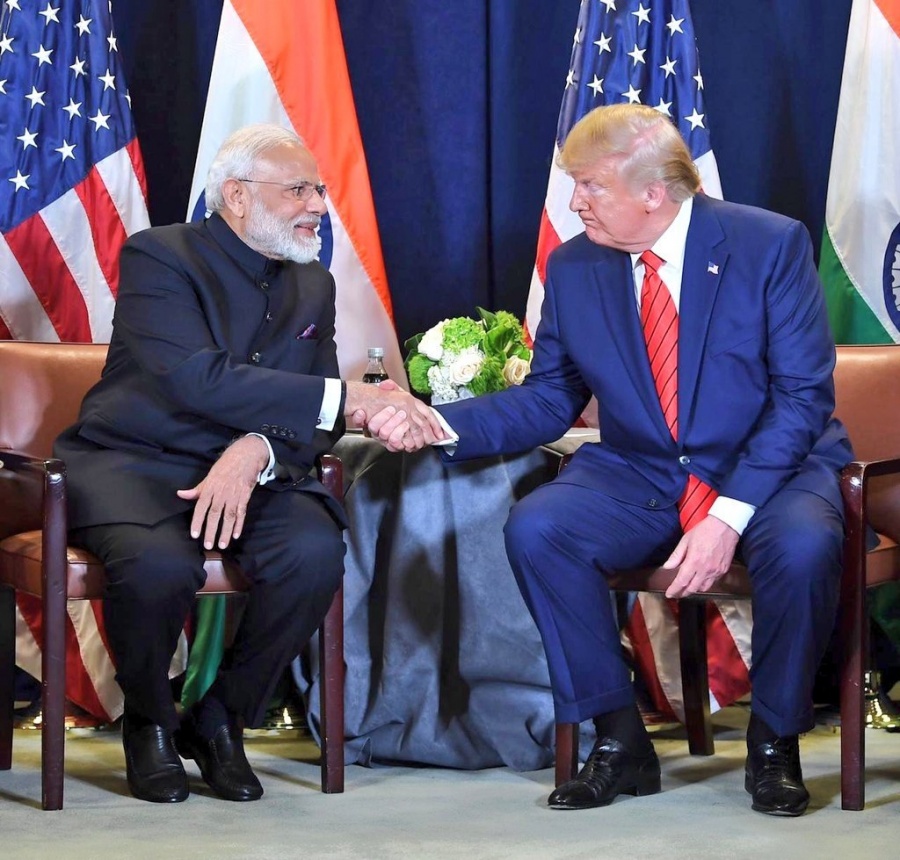

In a joint statement, India and the US asked Pakistan to make sure that no territory under its control is used for terrorist attacks, and to expeditiously bring to justice the perpetrators of such attacks, including 26/11 Mumbai attack and Pathankot air base attack.
The statement was issued after the seventeenth meeting of the U.S.-India Counter Terrorism Joint Working Group and the third session of the U.S.-India Designations Dialogue held virtually on September 9-10.
Mr. Mahaveer Singhvi, Joint Secretary for Counter Terrorism, Ministry of External Affairs of India and Ambassador Nathan A. Sales, U.S. State Department Coordinator for Counterterrorism, led respective inter-Agency/inter-Departmental delegations in a far-reaching conversation on counterterrorism cooperation.
The U.S. reiterated its support for the people and government of India in the fight against terrorism. “The two sides underlined the urgent need for Pakistan to take immediate, sustained, and irreversible action to ensure that no territory under its control is used for terrorist attacks, and to expeditiously bring to justice the perpetrators of such attacks, including 26/11 Mumbai and Pathankot,” the joint statement said.
Both sides denounced use of terrorist proxies and strongly condemned cross-border terrorism in all its forms. They exchanged views on threats posed by UN-sanctioned terrorist entities and emphasized the need for concerted action against all terrorist networks, including al-Qa’ida, ISIS/Daesh, Lashkar e-Tayyiba (LeT), Jaish-e-Mohammad (JeM), and Hizb-ul Mujahideen.
 The two sides also shared information about their priorities and procedures for pursuing sanctions and designations against terrorist groups and individuals, particularly in light of recent legislative changes in India.
The two sides also shared information about their priorities and procedures for pursuing sanctions and designations against terrorist groups and individuals, particularly in light of recent legislative changes in India.
There was a joint commitment to strengthen cooperation on information sharing and other steps to disrupt the ability of international terrorists to travel, consistent with the important provisions and obligations outlined in United Nations Security Council Resolution 2396.
The participants of the meeting also highlighted their efforts to address some of the world’s most pressing counter terrorism challenges, including countering the financing and operations of terrorist organizations, countering radicalization and terrorist use of the internet, cross-border movement of terrorists and prosecuting, rehabilitating, and reintegrating returning terrorist fighters and family members.
The two countries discussed mutual legal and extradition assistance, bilateral law enforcement training and cooperation.


